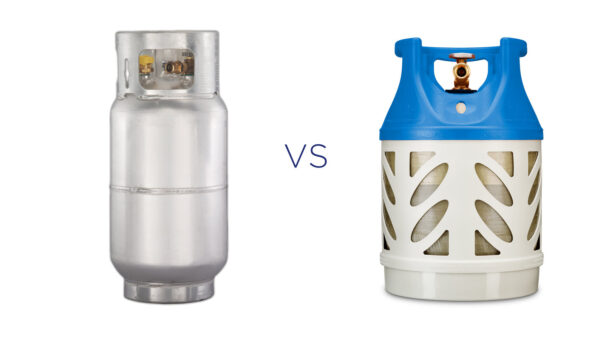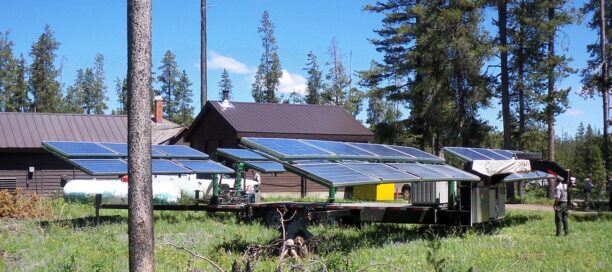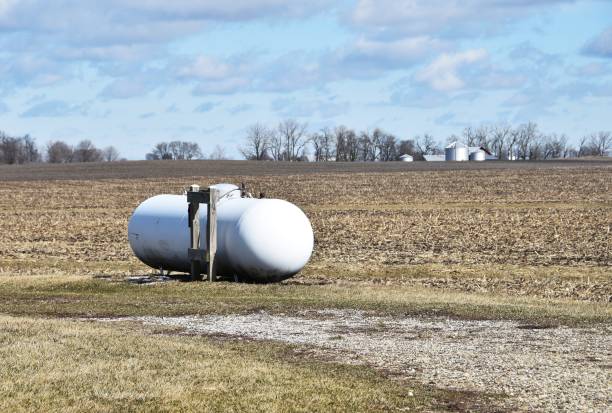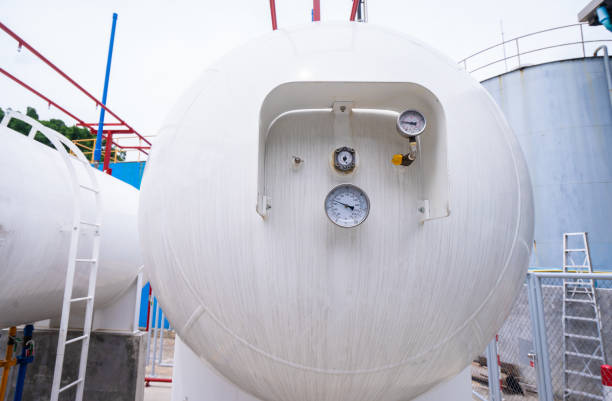New Trends in Propane Tank Safety and Design
Propane tank safety and design have seen significant advancements, improving both functionality and user safety. Here, we explore the latest innovations in propane tank technology that are shaping the industry. 1. Materials Advancements Recent developments in materials science have led to the creation of lighter, more durable propane tanks. Composite materials, such as fiberglass and… Continue reading New Trends in Propane Tank Safety and Design












